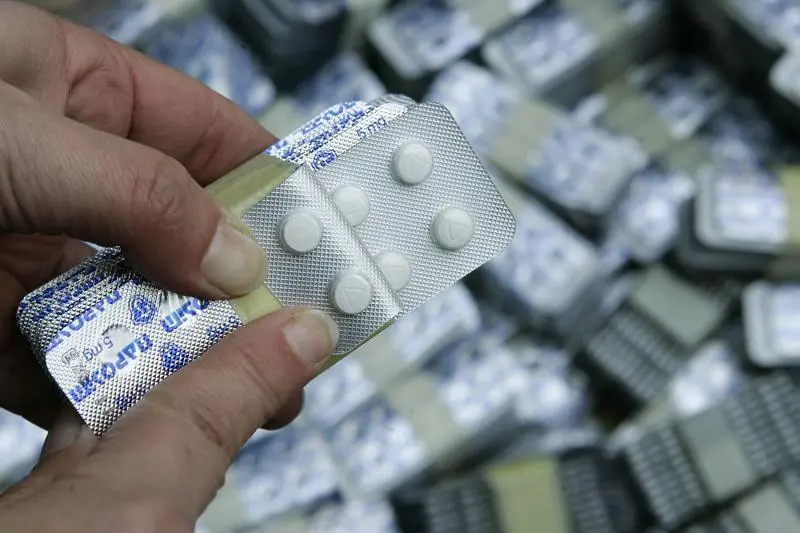PHOTO
Improper disposal of unused medicines could pose a risk to health and the environment, warned a campaigner.
He also claimed gangs were trawling rubbish bins in search of discarded prescription pills, which they could then sell.
Bahrain Sickle Cell Anaemia Patient Care Society chairman Zakariya Al Kadhem warned the medicines could do more harm than good if stored in unsafe conditions.
He added hazardous chemicals in some of the drugs could also pose a threat to rubbish collectors and people who touch them.
In a bid to tackle the problem, Mr Al Kadhem is planning to roll out a project next year to legally collect unused medicines and segregate them professionally.
“Any night if you drive around Bahrain you will see people searching the trash for metal cans, bottle openers and cartons,” he told the GDN.
“I understand that companies pay 50 fils for each carton, 300 fils per kg of metal cans and 600 fils per kg of plastic bottle caps.
“We also have had incidents reported by Customs of discarded medicines being similarly traded.
“There is an international market for unused medicines run by mafias and we cannot rule out the possibility of people in Bahrain being involved in this racket.”
Mr Al Kadhem said the issue came to his notice when he realised that sickle cell patients had the habit of stocking up on large quantities of medicines, especially heavy painkillers such as hydroxyurea.
The anti-cancer drug prescribed to more than 50 per cent of the sickle cell patients in Bahrain helps to reduce the frequency of painful episodes by preventing the sickling of red blood cells, known as the sickle cell crisis.
“In the sickle cell community we often find patients tend to stock medicines and then forget about it.
“Sometimes they use it later without checking its validity and in some other cases it is thrown away, especially after the death of the patient.
“This is risky as medicines like hydroxyurea are dangerous, even to touch.
“Even needles used by diabetic patients pose a risk if not disposed off properly.”
Mr Al Kadhem said a similar awareness and collection campaign was launched in 2009-2010 but had to be shelved for want of storage space.
“Though we informed the authorities at the time, no action was taken so we are not planning to launch it fully-fledged,” he said.
“We are planning to start the project early next year, and we have started working on the protocol.
“Our aim is to announce to the community that they can hand us over the unused medicines and we segregate them professionally into those that are reusable and others.
“There will be a system to record the handing over of the medicines, by whom, when to whom, so that there is accountability.
“The good ones can be sent to the needy people in crisis-hit areas while the others will be handed over to the Health Ministry to be destroyed after following proper procedures.”
raji@gdn.com.bh
© Copyright 2019 www.gdnonline.com
Copyright 2019 Al Hilal Publishing and Marketing Group Provided by SyndiGate Media Inc. (Syndigate.info).





















